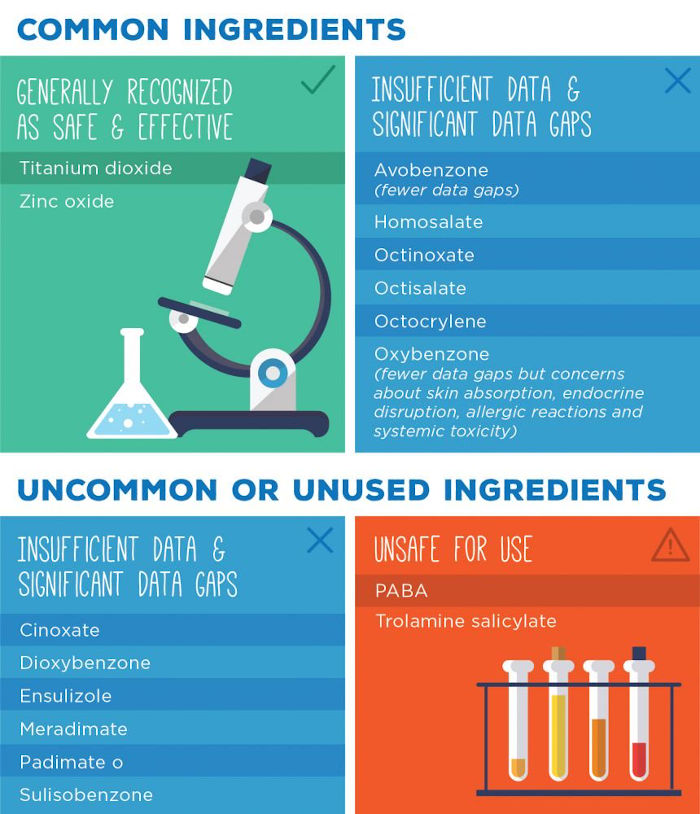Hip injuries can come in the form of acute injuries, like
- Muscle Strain, Sprains, Contusions or Fractures;
- Overuse Injuries, such as Bursitis, Tendinitis and Stress Fractures; or
- Degenerative Injury due to conditions like Arthritis.
While surgical repair or hip replacement may be unavoidable under some circumstances, many hip injuries can be treated efficiently with non-invasive therapies, medications and rehabilitation.
Corrective surgery or hip replacement can be a very good option when it is absolutely necessary, but there are risks. So be sure to check into all treatment options for your hip injury before resorting to surgical solutions.
Conservative Medical Treatment
Many acute and overuse injuries are treated with –
- a period of rest, generally 24 to 48 hours;
- ice or heat therapy;
- anti-inflammatory medications, ranging from over-the-counter medications to prescription oral medications or injections;
- and physical therapy to rehabilitate your hip.
Physical therapists typically work with patients to maintain or increase your range of motion and flexibility as the injury heals, as well as to strengthen the hip muscles for increased joint support and stability, addressing weaknesses that may have contributed to the injury.
Physical therapy can also benefit patients who suffer from degenerative conditions, such as arthritis.
Strengthening the muscles that support the hip joint can improve joint function, decrease pain and stiffness and slow the progression of joint deterioration.
Alternative Treatments
Many people with hip injuries or chronic hip pain have found relief with chiropractic care, which tends toward a more holistic approach, incorporating joint manipulation, exercise and nutritional therapies into a comprehensive treatment plan.
Acupuncture has also proven helpful for many in relieving hip pain, and joint supplements, such as glucosamine and chondroitin, are often used to relieve joint pain and inflammation.
When Hip Surgery is Unavoidable
For some hip injuries, surgery is the only means of regaining mobility and relieving pain.
Hip fractures require surgical repair, and sometimes hip replacement must be done.
Severe joint degeneration may negate other treatment options as well, making hip replacement necessary.
While hip replacement has become very common, it is still major surgery and there are risks. Recently, issues have emerged with a number of hip implant products.
Several have been recalled due to faulty designs and defects that have led to high rates of implant failures and complications in patients.
Among the most recent implant products recalled is the Stryker Rejuvenate hip implant, which has proven prone to corrosion, an issue that has caused serious complications in many patients fitted with these devices.
Cobalt toxicity has affected a number of patients, as has metallosis, a serious inflammatory condition related to metallic implant debris shed into soft tissues, which can lead to tissue death, bone loss and implant failure.
Several hip replacement lawsuits have been filed by patients who experienced these severe side effects.
It is very important for people who will undergo hip replacement to educate themselves on the risks and benefits of the various hip implants available, given the serious issues with certain implant models.
Doing a bit of homework before surgery could spare the pain and expense of complications and revision surgeries later.
Elizabeth Carrollton writes about defective medical devices and dangerous drugs for Drugwatch.com.




